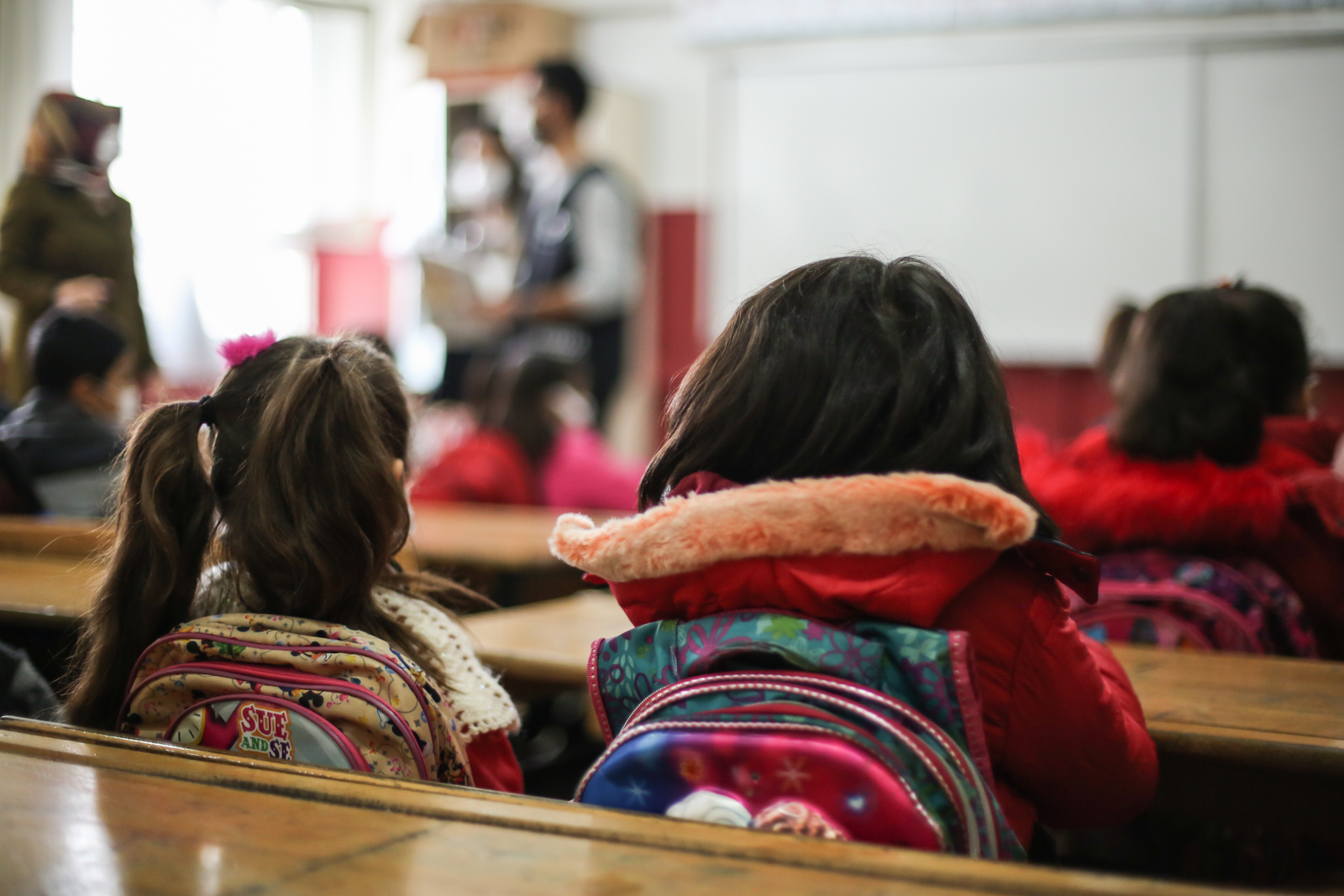
Poverty and work means girls miss out on school in post-Ebola Liberia
Barriers to education, Child labour, Education in emergencies, Girls' education, Right to education, Teachers and learning
Many dropped out of education because they had to work to help support their families, while some who stayed at school said they were pressured into sex or bribes.
After Ebola, more girls in Liberia are missing out on school to help their families, while those in education are pressured to have sex or pay bribes for grades or simply to sit exams, a charity today.
School fees, extra costs such as uniforms, books and transport, and the need to work to boost family income are forcing many girls to drop out of school or preventing them from getting an education, according to British-based Street Child.
“Ebola saw poverty levels rise significantly at the same time that education was interrupted,” Street Child programmes manager Felicia Dahlquist told the Thomson Reuters Foundation.
The world’s worst Ebola outbreak, which was declared over last year, killed 4800 Liberians and dragged economic growth down from over 8% in 2013 to zero in 2015.
“It is difficult to get children back into school … there is an expectation that if children want to go, they have to work evenings and on the weekends to pay the fees,” Dahlquist added.
Four in 10 girls interviewed by Street Child said they could not study after school as they had to work, while two-thirds of those who dropped out of education said it was due to poverty, found a survey of around 1000 girls in the West African nation.
Many of these girls told the charity that they helped their families to earn money by farming, hawking and trading on the streets and even having sex in return for cash or food.
A quarter of the girls in education said they felt unsafe at school, with some having been sexually harassed by teachers, pressured to pay bribes and subject to corporal punishment.
“Some girls had sex with teachers for grades, or even just to be able to sit their end of term exams,” said Dahlquist.
A quarter of children aged five to 14 are out of school in Liberia, with girls the most affected, while the country has the world’s highest proportion of children missing out on primary school – at around two-thirds – according to the United Nations.
“The challenge is to scale it up, but if we can defeat Ebola, it’s not an impossible task to deliver education, clean water and protection for every child in Liberia,” said Patrick Rose, spokesman for the UN children’s agency UNICEF.

More news

Skills for the future give young people the best chance of success
